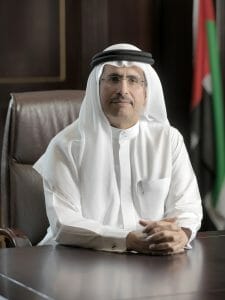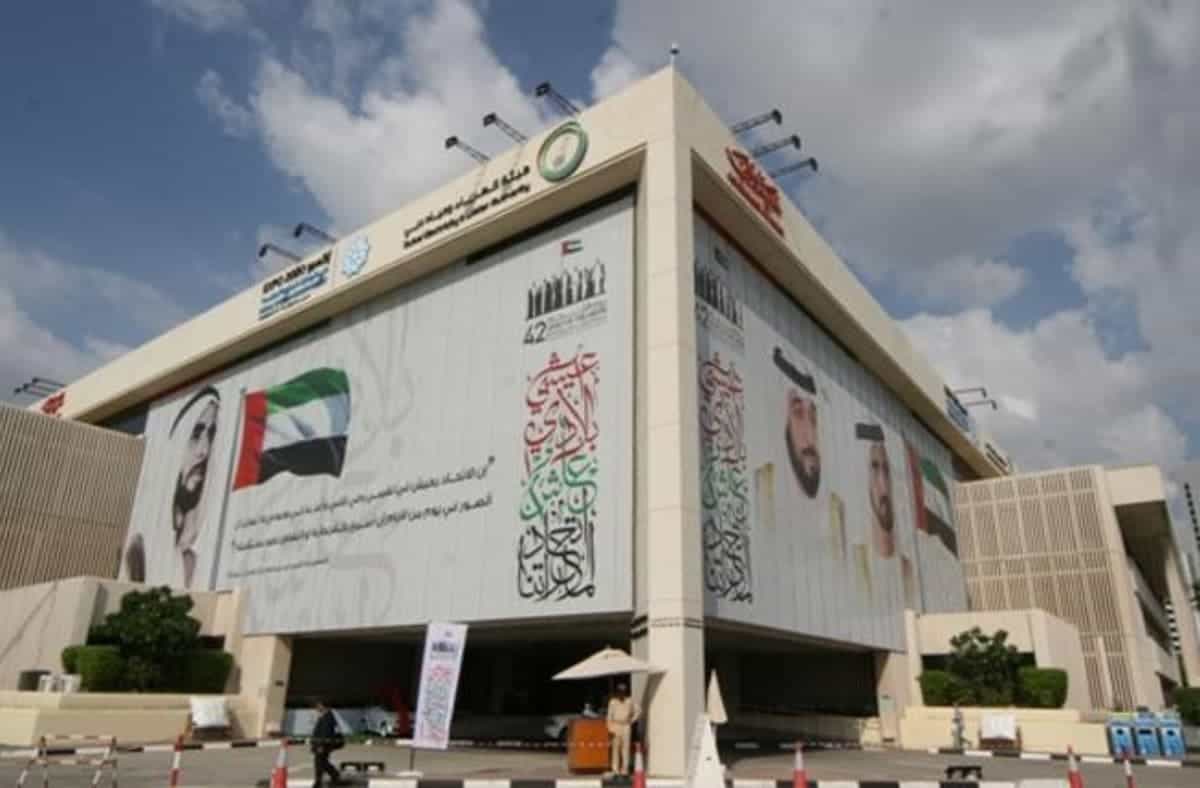Dubai Electricity and Water Authority (DEWA) issued its 8th annual Sustainability Report 2020, which focuses on DEWA’s efforts in promoting sustainability with its social, economic and environmental aspects.
This is achieved by adopting the best international practices as well as sustainable and integrated systems that ensure providing value-added services that meet stakeholders’ expectations. This reflects the importance of sustainability as an indispensable part of DEWA’s strategy and being the centre of its operations and services. Issuing the annual report is part of DEWA’s efforts to promote Dubai’s position as a global hub for sustainability and green economy.
The report shows that DEWA continued its sustainability projects in 2020, despite the challenges associated with the Covid-19 pandemic. One of the key projects DEWA is building is the Mohammed bin Rashid Al Maktoum Solar Park. It is the largest single-site solar park in the world using the Independent Power Producer (IPP) model. It has a capacity of 5,000MW by 2030 and will reduce over 6.5 million tonnes of carbon emissions annually.

“DEWA strives to achieve the sustainability goals in the long run, in line with the UN 17 SDGs 2030, and its vision to become a globally leading sustainable innovative corporation. DEWA works to achieve the vision and directives of the wise leadership to build a more sustainable environment and find long term solutions for challenges. Through the sustainability report, DEWA shares the relevant economic, environmental and social facts that reflect our long–term commitment towards sustainability. The report is a reliable, useful, and transparent reference for DEWA’s achievements and efforts over a full year to achieve the objectives of the UAE Centennial 2071 to make the UAE the world’s leading nation,” said Saeed Mohammed Al Tayer, MD & CEO of DEWA.
Al Tayer said that despite the pandemic, DEWA has continued to work to achieve its sustainability projects and goals. In November 2020, DEWA successfully commissioned the 800MW 3rd phase of the Mohammed bin Rashid Al Maktoum Solar Park using the Independent Power Producer (IPP) model in partnership with a consortium led by Abu Dhabi Future Energy Company (Masdar) and EDF Group, through its subsidiary EDF Énergies Nouvelles at an investment of AED3.47 billion. In 2020, DEWA also launched the Research and Development Centre at the Solar Park. It continues to strengthen and increase the efficiency of its water network, and has achieved one of the lowest water losses of 5.1 percent.
“We managed our AED 40 billion of strategic projects effectively to ensure business continuity according to our strategy; working with over 20,000 employees of suppliers, contractors and other companies. DEWA coordinated with Dubai Health Authority to do tests for suppliers and contractors and set up quarantine centres to ensure the projects work progress. Among the strategic projects that we continue to implement, the fourth phase of the Mohammed bin Rashid Al Maktoum Solar Park, which will have the largest energy storage capacity in the world, with a total value of approximately AED 16 billion; and the hydroelectric power station at Hatta that will generate electricity from the water stored at the dam, with investments totalling AED 1.4 billion.
The report focuses on sustainable development, economic development, customers, energy and climate change, water, environmental protection, employees, and society. The report was developed based on the guidelines of several international standards, including the Global Reporting Initiative (GRI), the UN’s Sustainable Development Goals (SDGs), and the principles of the United Nations Global Compact (UNGC), which is the world’s largest corporate sustainability initiative. The report is also in line with the Task Force on Climate Related Financial Disclosures (TCFD) recommendations.
DEWA has been issuing its sustainability reports since 2013. It has consolidated its position in this area by becoming a member of the GRI Gold Community and part of the Standards Pioneers Programme, becoming one of the first 100 organisations to adopt the new standards from the 2016 report onwards.








